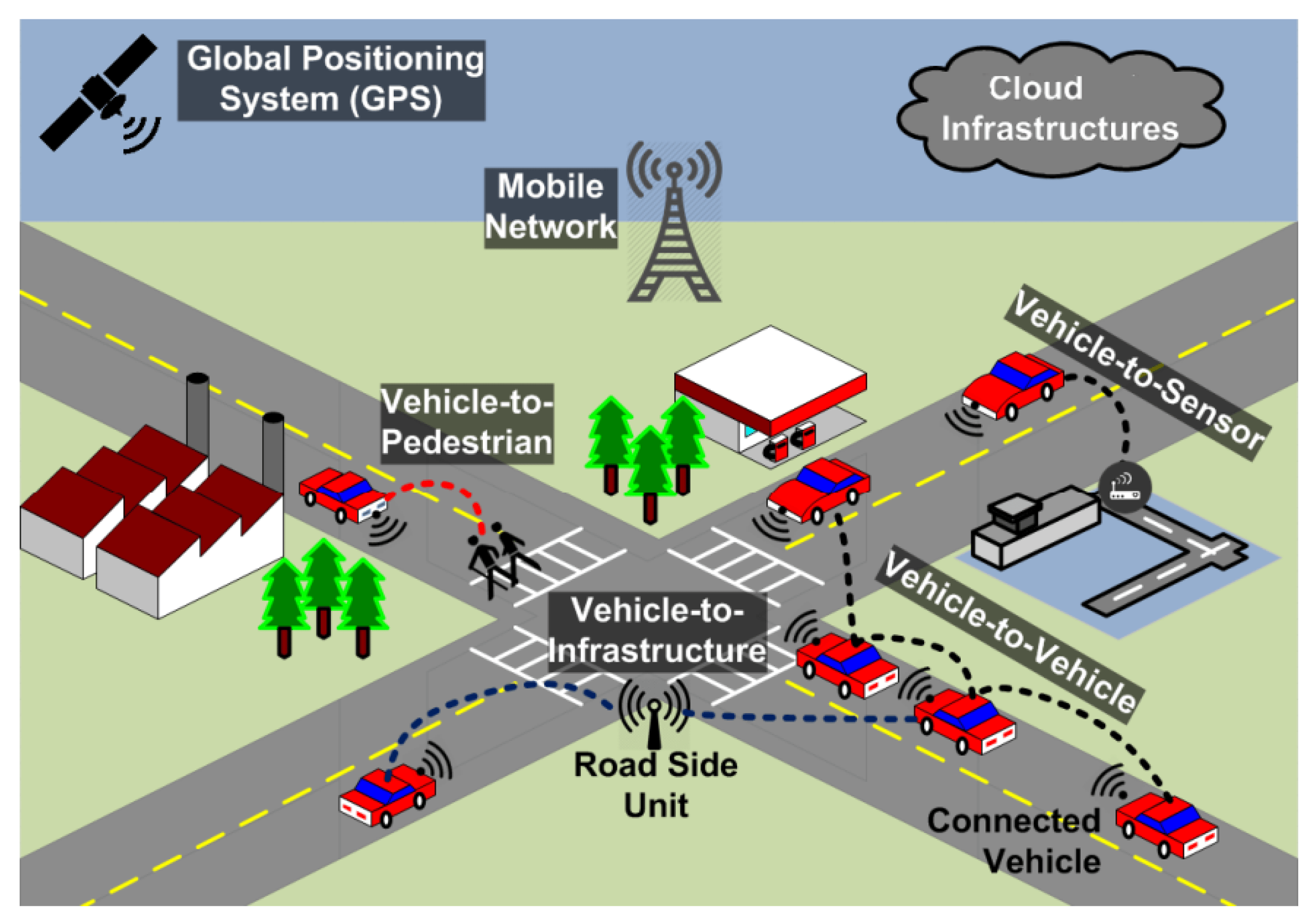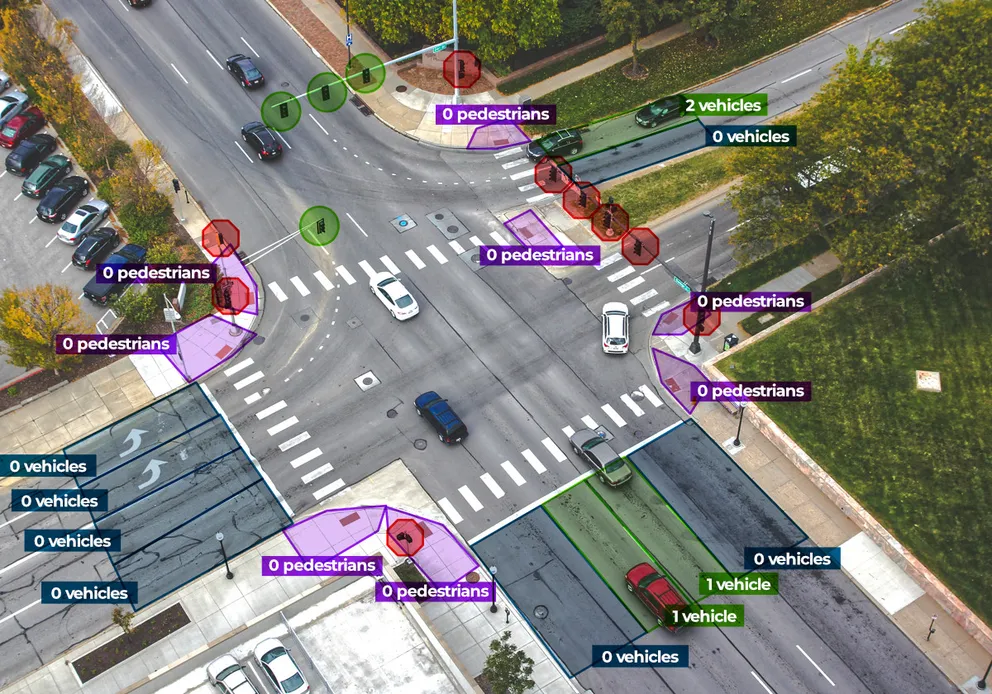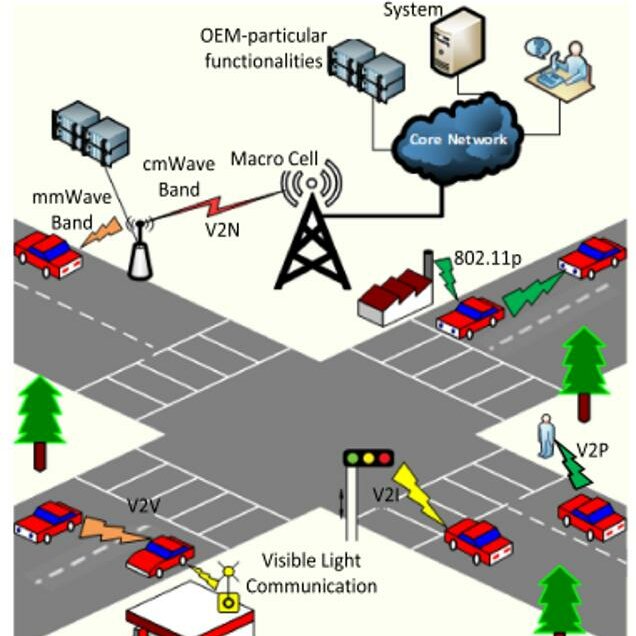Traffic congestion is one of the biggest challenges in modern cities, leading to wasted time, increased fuel consumption, and higher emissions. However, automotive connectivity is transforming urban mobility by enabling real-time traffic management, smart routing, and vehicle-to-infrastructure (V2I) communication. By leveraging connected vehicle technology, cities can optimize traffic flow, reduce congestion, and enhance road safety.
This article explores how connected cars and intelligent transportation systems (ITS) are reshaping mobility, easing congestion, and improving urban driving experiences.

The Role of Automotive Connectivity in Traffic Reduction
Connected vehicles play a vital role in traffic management by integrating with real-time navigation systems, adaptive traffic signals, and cloud-based transportation analytics. Key innovations include:
- Smart Traffic Signals: Adjust signal timing based on live traffic data.
- AI-Powered Navigation: Suggests the fastest routes using real-time congestion data.
- Vehicle-to-Infrastructure (V2I) Communication: Cars exchange data with road systems for better traffic coordination.
- Connected Fleet Management: Optimizes public and commercial vehicle movement.

Key Technologies Reducing Traffic Congestion
Real-Time Traffic Monitoring & AI-Powered Analytics
- Collects live data from connected vehicles, sensors, and road cameras.
- Uses AI to predict traffic patterns and adjust urban mobility strategies.
Vehicle-to-Everything (V2X) Communication
- Vehicle-to-Infrastructure (V2I): Cars receive live updates from traffic lights and road systems.
- Vehicle-to-Vehicle (V2V): Vehicles exchange real-time location data to prevent bottlenecks and accidents.
Cloud-Based Traffic Management Systems
- Processes traffic data from multiple sources and optimizes signal timing.
- Provides live updates to drivers on alternative routes and congestion zones.

Benefits of Automotive Connectivity in Traffic Management
- Reduced Commute Times: Smart navigation systems minimize delays.
- Lower Fuel Consumption: Less idling in traffic improves fuel efficiency.
- Fewer Road Accidents: Real-time traffic alerts enhance safety.
- Optimized Public Transport: Smart scheduling reduces congestion during peak hours.
- Smoother Urban Mobility: Connected infrastructure keeps traffic flowing efficiently.
Horizon Connect: Advancing Smart Mobility Solutions
At Horizon Connect, we are driving the future of automotive connectivity by developing cutting-edge solutions for smart traffic management, V2I communication, and AI-driven mobility analytics.
- We work with OEMs and mobility partners to create real-time traffic optimization solutions.
- Our connected vehicle technologies enhance navigation and reduce urban congestion.
- We leverage cloud-based traffic intelligence to improve road safety and city-wide mobility.
By integrating AI, smart infrastructure, and real-time connectivity, Horizon Connect is helping cities build a future of efficient, congestion-free transportation.
Conclusion
As urbanization increases, automotive connectivity is essential for reducing traffic congestion. Through real-time navigation, AI-powered analytics, and V2X communication, connected vehicles are improving traffic flow, enhancing safety, and optimizing urban mobility.
At Horizon Connect, we are committed to advancing smart mobility solutions to create safer, more efficient, and congestion-free roads.
The future of smart mobility is here—let’s build it together!


